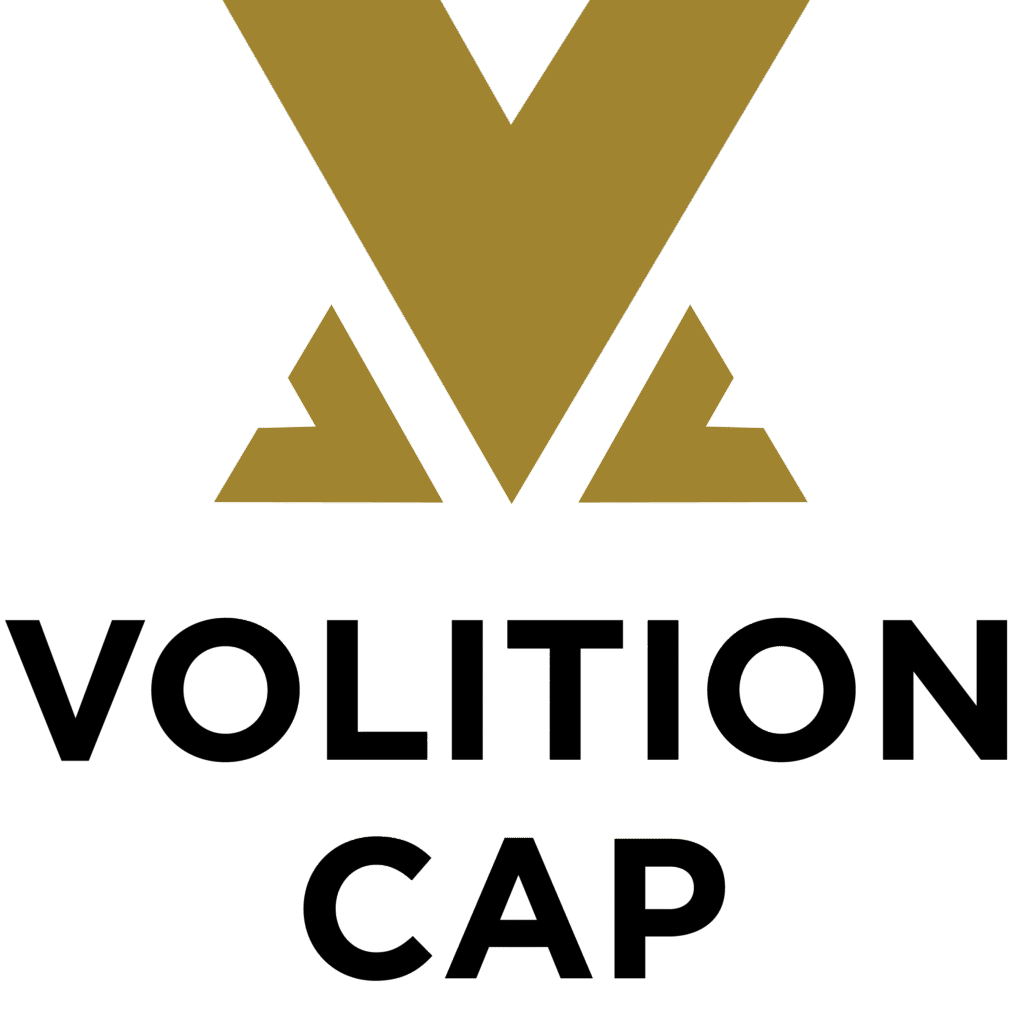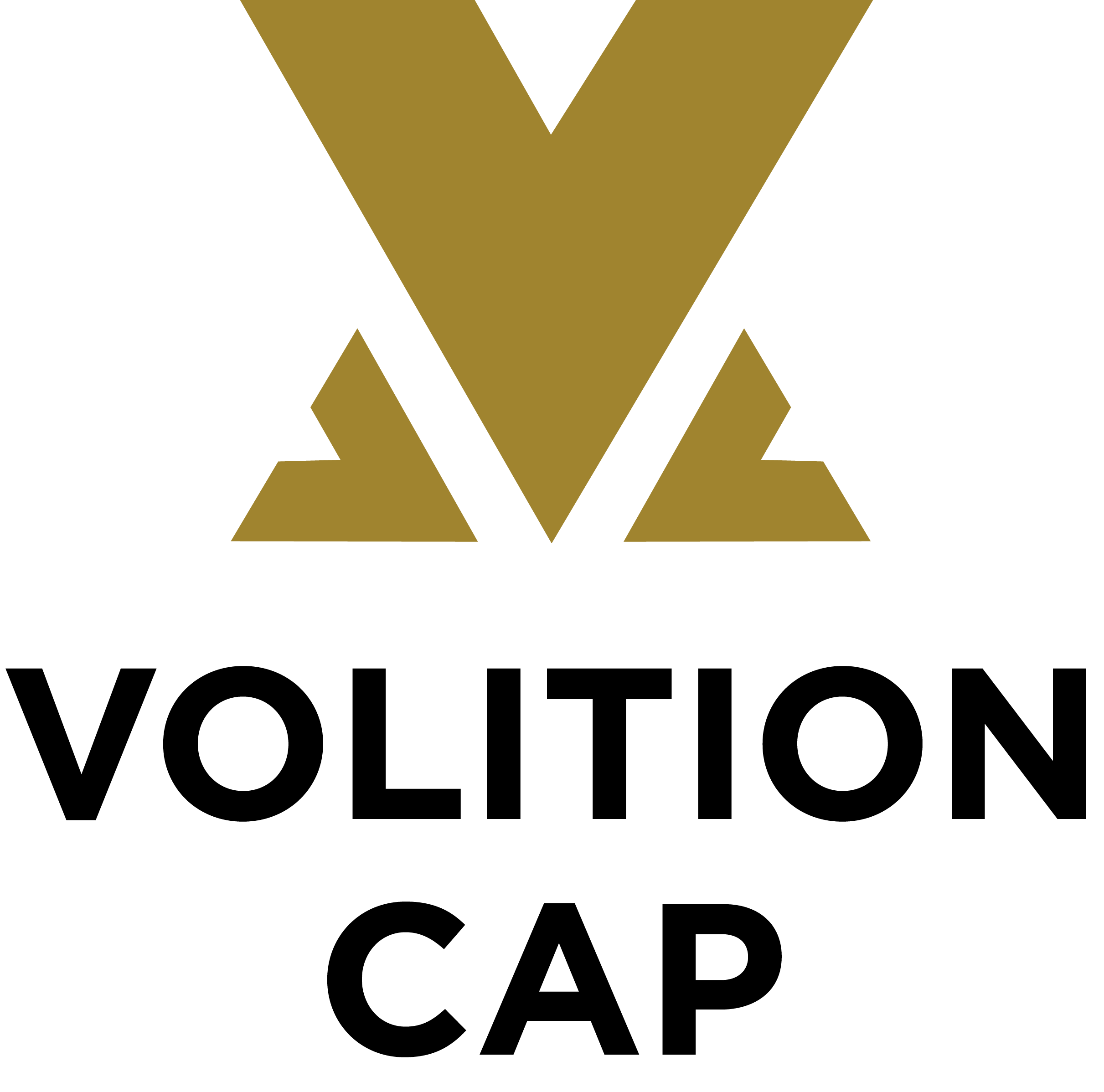Inflation reduces the purchasing power of currency, which leads to increases in the prices of goods and services. Inflation can occur when demand outpaces supply for goods and services. As the demand for a particular good or service increases, the available supply decreases. Few items are left to match many wants. Buyers may then want the product so much that they are willing to pay higher prices. This is called demand-pull inflation.
Inflation can also occur when prices due to increases in production costs, such as raw materials and wages. As a result, the added costs of production are transferred to the consumers in the form of higher prices for the finished goods. This is called cost-push inflation.
Inflation rate is the percentage increase or decrease in prices during a specified period, usually a year. This percentage tells you how quickly prices rose during the period. A few metrics are used to measure the inflation rate. The most popular is the Consumer Price Index, which measures prices for a basket of goods and services in the economy.
Central banks around the world use monetary policy to control avoid inflation. In the United States, the Federal Reserve aims for a target inflation rate of 2% year-over-year. In Nigeria, the Central Bank of Nigeria is in charge of trying to control inflation. The CBN has a target range of 6%-9%.
Inflation in Nigeria
In March 2021, Nigeria’s inflation rate rose to 18.17% from 17.33% recorded in February. This is according to the Consumer Price Index report, recently released by the National Bureau of Statistics. The last time Nigeria recorded an inflation rate higher than 18.17% was in January 2017 when it stood at 18.72%.
Since 2016, Nigeria’s inflation rate has been double digits. 2020’s hike was driven by the dire impact of the pandemic that also induced a drop in the price of oil and weakened the naira. In the third quarter of 2020, the economy went into recession – its second since 2020. The economy emerged from recession in the fourth quarter but analysts say the weak naira currency continues to fuel inflation.
In Policy Round Up: Oil Price and Miscellaneous, we explained that the naira is a petrocurrency because its fate is intrinsically tied to global oil prices. Almost 90% of Nigeria’s foreign exchange comes from oil exports. So, when oil prices went down, the pressure on Nigeria’s exchange rate increased. The Central Bank of Nigeria (CBN) therefore had to devalue the Naira to reflect its true value.
Meanwhile, food inflation spiked to 22.95% from 21.79% between February and March. February figures were already a four year-peak as it was the first time food prices jumped more than 20 percent since 2017. The NBS explained in its report that the rise in the food index was caused by increases in prices of bread and cereals, potatoes, yam and other tubers, meat, fruits, vegetables, fish and fats.
In November, we explained that Nigeria’s land borders had been shut since August 2019. Although described as an effort to control smuggling and importation of contraband, the ultimate result was scarcity of food products and a consequent spike in prices. The federal government has now said it will cut import duty on tractors and mass transit vehicles to try to reduce transportation costs and tackle high food prices
How does inflation concern you?
Nigeria’s inflation has different consequences for respective stakeholders. Businesses face investment uncertainty resulting in capital expenditure constraints. The result of this is unemployment due to low business investments.
Primarily, it indicates a dwindling in the purchasing power of Nigerians. The goods and services you can buy for a fixed amount continues to decline over time. This declining purchasing power forces you to cut back on items thereby affecting your standard of living. Inflation in Nigeria heaps financial pressure on households already faced with a shrinking labour market and a stagnant economy at a time of mounting insecurity.
For investors, there are real returns concerns on how to protect and grow wealth. When there is inflation, money saved today will be less valuable tomorrow. It may even interfere with the ability to retire.
How then do you protect your income?
First, you would need to increase your income. This may involve negotiating a salary increase, changing jobs, starting a side hustle, or obtaining additional qualifications/skills.
The best course of action however involves diversifying your investment portfolio to generate positive real returns. The total returns from your investments should at least match or be higher than the rate of inflation. There are a number of top-performing opportunities to explore in stocks, mutual funds, fixed income, real estate, commodities, crowd-investment schemes, depending on individual risk appetites.You may learn more about money and improve your financial literacy with a free investment course from our Director. Subomi Plumptre’s free investment course is your definitive guide to investing in Nigeria. Apply today.


